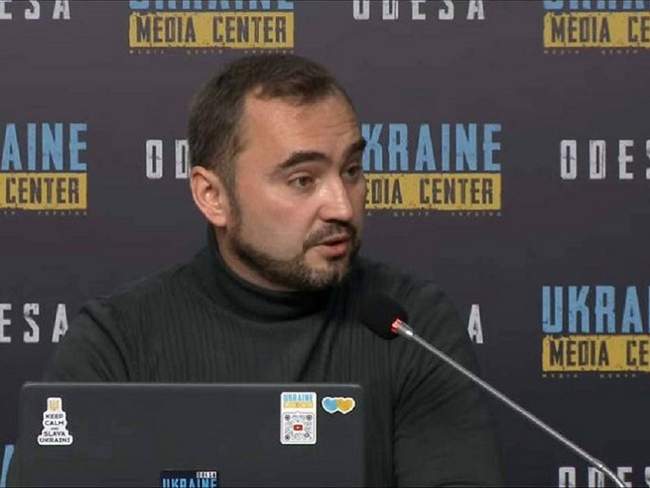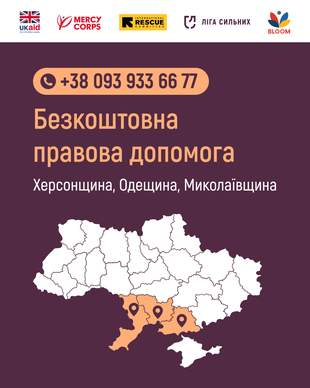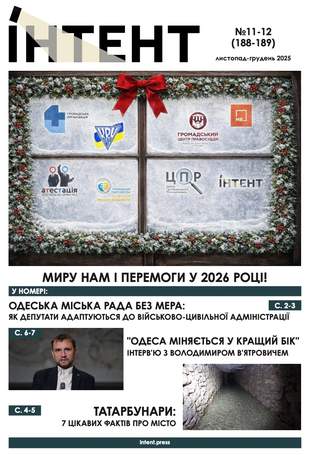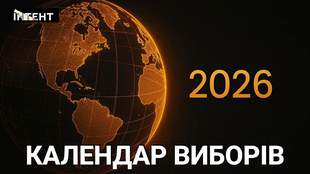Меню
Соціальні мережі
Розділи
Dec. 20, 2023, 10:11 p.m.
How Russian propaganda works in Bulgaria
This article also available in English254

Photo: Media center Ukraine - Odesa
A number of news media operating in the Republic of Bulgaria actively spread pro-russian narratives and information aimed at compromising Ukraine in the eyes of Bulgarians.
This was announced by Igor Karpechenko, an associate expert of the International Center for Advanced Studies, during a briefing at the Ukraine-Odesa Media Center.
According to him, ten such sites with an audience of 6.5 million work to create pro-russian content, which in turn is distributed by more than a hundred satellite sites.
Satellite sites are necessary to overcome the blocking of basic messages in social networks. However, in addition to the media, pro-russian messages were spread by representatives of certain political forces in Bulgaria.
In general, the study demonstrated the existence of a multi-level structure of online publications created by the russian special services in Bulgaria, practical examples of the spread of russian disinformation through pro-russian political forces and the information space were given.
"Why Bulgaria in particular? Firstly, this is due to the fact that there is a large Bulgarian diaspora in Ukraine, numbering about 300,000 people, the bulk of whom live in the Odesa region, and there are close ties with the Republic of Bulgaria," - Igor Karpechenko explained the purpose of the research.
But, contrary to the ideas in some circles about the pro-Russian sentiments of Ukrainian Bulgarians, Bulgarians in Ukraine are trying to resist this propaganda.
For example, by creating the "Bessarabian Front" information project.
"The project team, which consists of Ukrainians of Bulgarian origin, managed to implement this idea and for 18 months we have been fighting for the truth, for Ukraine and for the strengthening of Ukrainian-Bulgarian friendship," said the editor-in-chief of the Bulgarian-language online media "Bessarabian Front" Olexander Baron.
According to Igor Karpechenko, the analysis of russian influence on Bulgaria's information space led the team to the idea of conducting similar research in Moldova.









